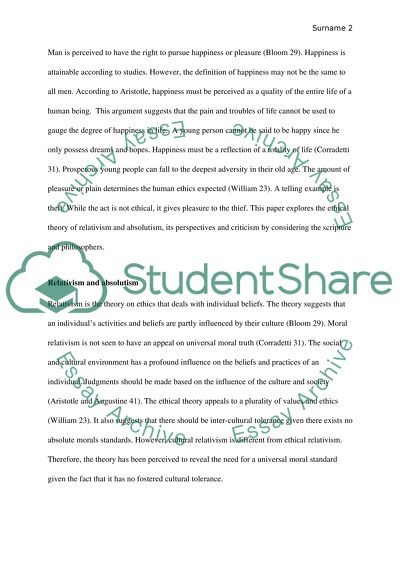Cite this document
(“Ethics Research Paper Example | Topics and Well Written Essays - 1750 words”, n.d.)
Ethics Research Paper Example | Topics and Well Written Essays - 1750 words. Retrieved from https://studentshare.org/philosophy/1480408-ethics
Ethics Research Paper Example | Topics and Well Written Essays - 1750 words. Retrieved from https://studentshare.org/philosophy/1480408-ethics
(Ethics Research Paper Example | Topics and Well Written Essays - 1750 Words)
Ethics Research Paper Example | Topics and Well Written Essays - 1750 Words. https://studentshare.org/philosophy/1480408-ethics.
Ethics Research Paper Example | Topics and Well Written Essays - 1750 Words. https://studentshare.org/philosophy/1480408-ethics.
“Ethics Research Paper Example | Topics and Well Written Essays - 1750 Words”, n.d. https://studentshare.org/philosophy/1480408-ethics.


